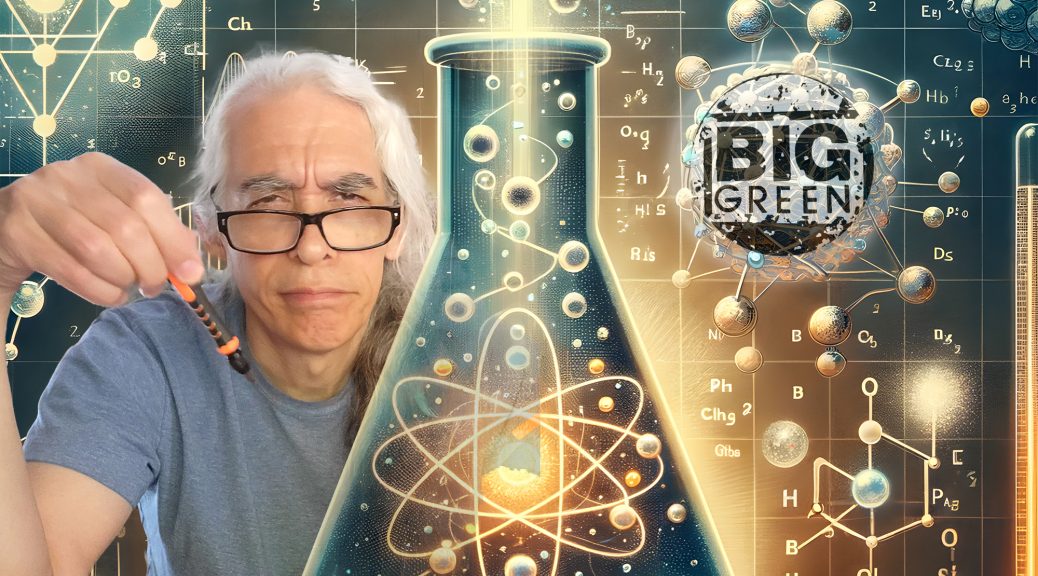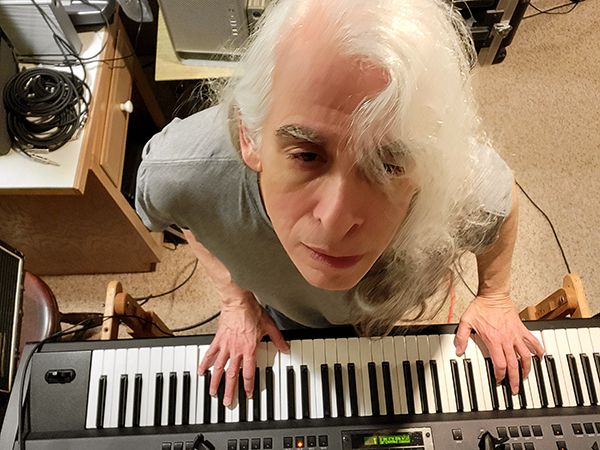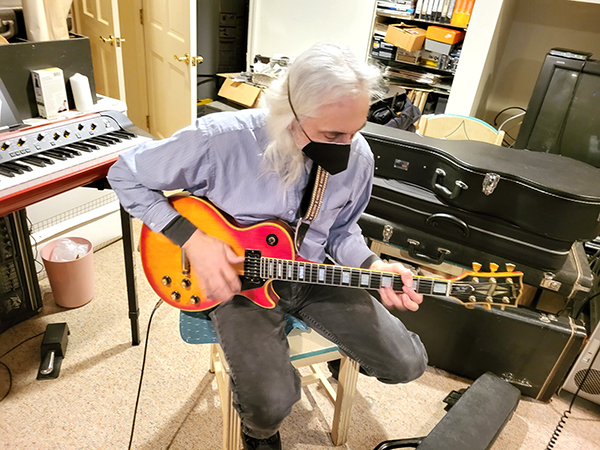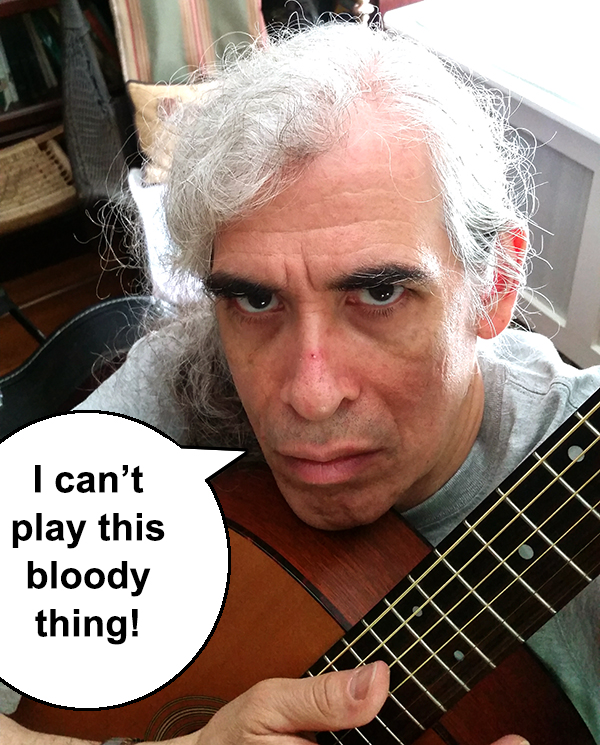Did you survive the total eclipse of the sun? Well, if you’re reading this right now, chances are the answer is yes. Now that we’ve fully recovered from that harrowing experience, the time is right to talk about music. (As the killer probe Nomad said on classic Star Trek, “Think about music…”)
Let’s face it – albums are never easy. They require time, patience, and great care, not to mention a crap load of luck. Of course, that dynamic is not exclusive to Big Green. What sets us apart is our process for completing an album. What process, you may ask? Allow me to offer you a brief look under the hood of this smooth-running machine.
I’ve written at length in previous posts about how mother-effing slow we are. And while sloth may be our secret sauce, here are three key elements that go into building a Big Green album:
1. Specific Gravity
While it’s kind of hard to measure, we like to ensure that our songs maintain a high level of density relative to that of water. Often that process prompts us to add strings, horn sections, chunky guitars, or over-driven organ parts. We come up with arrangements, track them, then burn a rough mix to CD-R. If we drop the disc in a bucket of water and it bobs to the surface, we know our work is not done.
2. Valence
As we record a song, we ask ourselves, “How well will this song bind with other songs on the same album?” After noodling this for a few minutes, we try to put some concrete numbers together. We usually start with the total number of tracks on our last album (in this case, Cowboy Scat: Songs in the Key of Rick had 21). From that number, we subtract the number of valence electrons associated with a specific track. (Note: if you try this at home, you may need to borrow an electron microscope.)
3. Lyric Intelligibility
Hey, we’ve all been there, right? You listen to a song for a year, a decade, three decades, then one day you discover you’ve misinterpreted the lyrics. Instead of “There’s a bathroom on the right”, he’s singing “There’s a bad moon on the rise”. Well, here at Big Green, we try to keep that to a minimum. And when I say minimum, I mean a minimum of thirty instances per album. Sure, it takes work, but the more you confuse people, the more memorable you’ll be.
Stream Our Asses
Hey, don’t forget – you can find Big Green’s full catalog on many (if not all) of the major music streaming platforms, including:
Add us to your playlists!
(Image by Julien BLOT from Pixabay)





